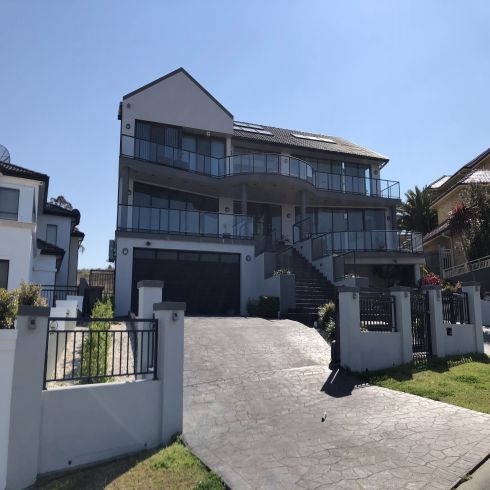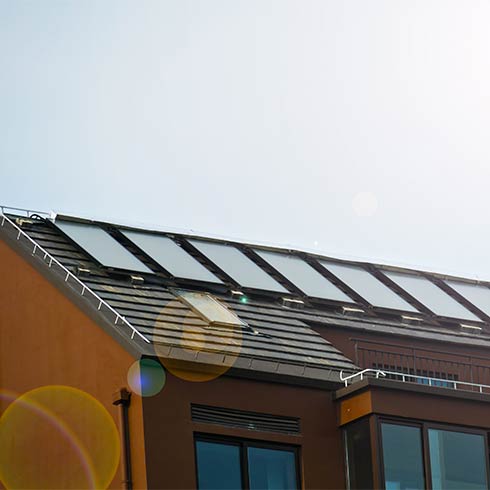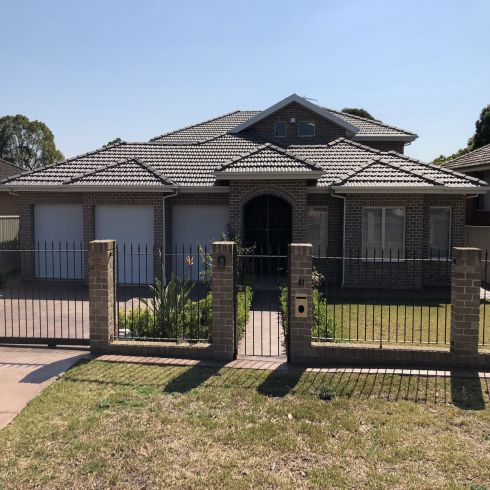WHAT IS BUILDING SUSTAINABILITY?
In practice, building sustainability means living in harmony with the natural environment, considering the social, environmental and economic aspects of decisions, and reducing our footprint through a less energy, water, and material intensive lifestyle.
Social sustainability is also important and working towards a healthy and safe community is often interconnected with economic and environmental endeavours’.
In recognising the above, the building sector, which comprises consumers, builders, architects, designers, manufacturers, government regulators, marketing agents, and developers, continues to meet the challenge of developing sustainability in the built environment.
The built environment has in the past and in some cases continues to:
- Consume significant amounts of the earth’s resources (especially energy)
- Generate polluting toxins and waste
- Create conditions leading to a loss of soils and biodiversity
- Interfere with life support systems (e.g. the water cycle, soil systems and air quality)
- Exacerbate urban sprawl, traffic pollution, social inequities and alienation
However, the building sector is working hard to identify and implement avenues of reform that will reduce its environmental impact and improve social cohesion.
If economic and social development is to continue without destroying the environment that sustains us, each member in the building sector must play their part in finding new pathways to sustainable futures.

BASIX
Introduced by the NSW Government, BASIX, the Building Sustainability Index, ensures homes are designed to use less potable water and be responsible for fewer greenhouse gas emissions by setting energy and water reduction targets for house and units.
BASIX is one of the most robust sustainable planning measures in Australia, delivering equitable and effective water and greenhouse gas reductions across NSW.
How does BASIX work?
BASIX is an online program that is accessible to anyone. The user (usually the building designer) enters data relating to the house or unit design - such as location, size, building materials, etc. - into the BASIX tool.
BASIX analyses this data and determines how it scores against the Energy and Water targets. The design must pass specific targets (which vary according to location and building type) before the user can print the BASIX Certificate.
ABSA
The national ABSA Accreditation Scheme has been developed to comply with the Nationwide Housing Energy Rating Scheme Protocol for Assessor Accrediting Organisations (NatHERS AAO Protocol) to determine proficiency for individuals wishing to undertake residential building thermal performance assessments (also known as House Energy Ratings) under the following assessment schemes:
The National Construction Code (NCC) – under the NCC, a building thermal performance assessment must be undertaken by a suitably qualified person. ABSA accreditation is the predominant requirement to satisfy this condition
The NSW Building Sustainability Index (BASIX) Thermal Comfort Certificate (or Simulation Method), which is applicable across NSW. The use of an ABSA Accredited Assessor to carry out this work is a mandatory BASIX requirement


GREENSMART PROFESSIONAL
HIA provides leadership in the recognition of environmentally responsible residential building and land development through its GreenSmart program.
GreenSmart was established by HIA in 1999 to promote practical, affordable and durable environmental solutions for residential design and construction.
